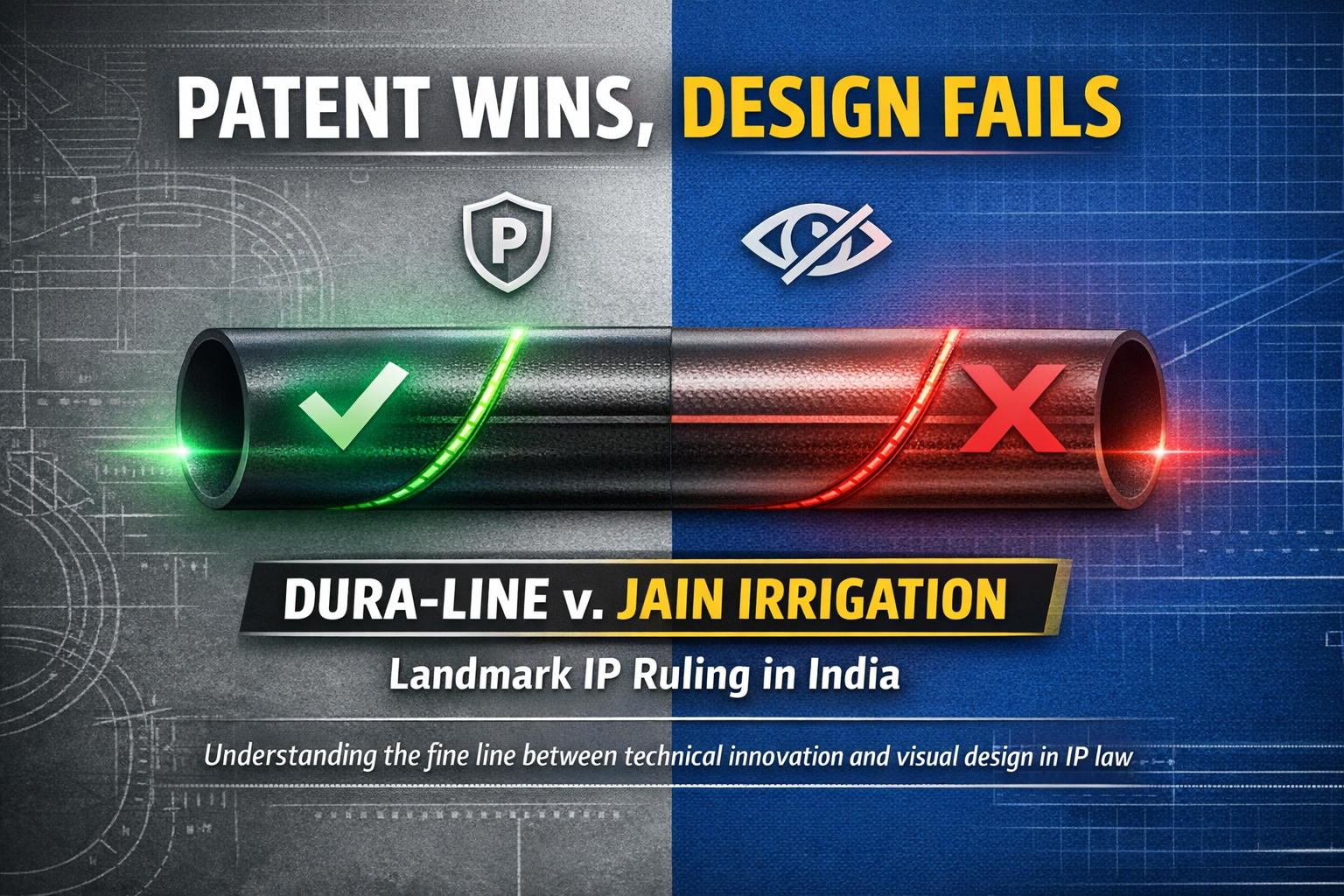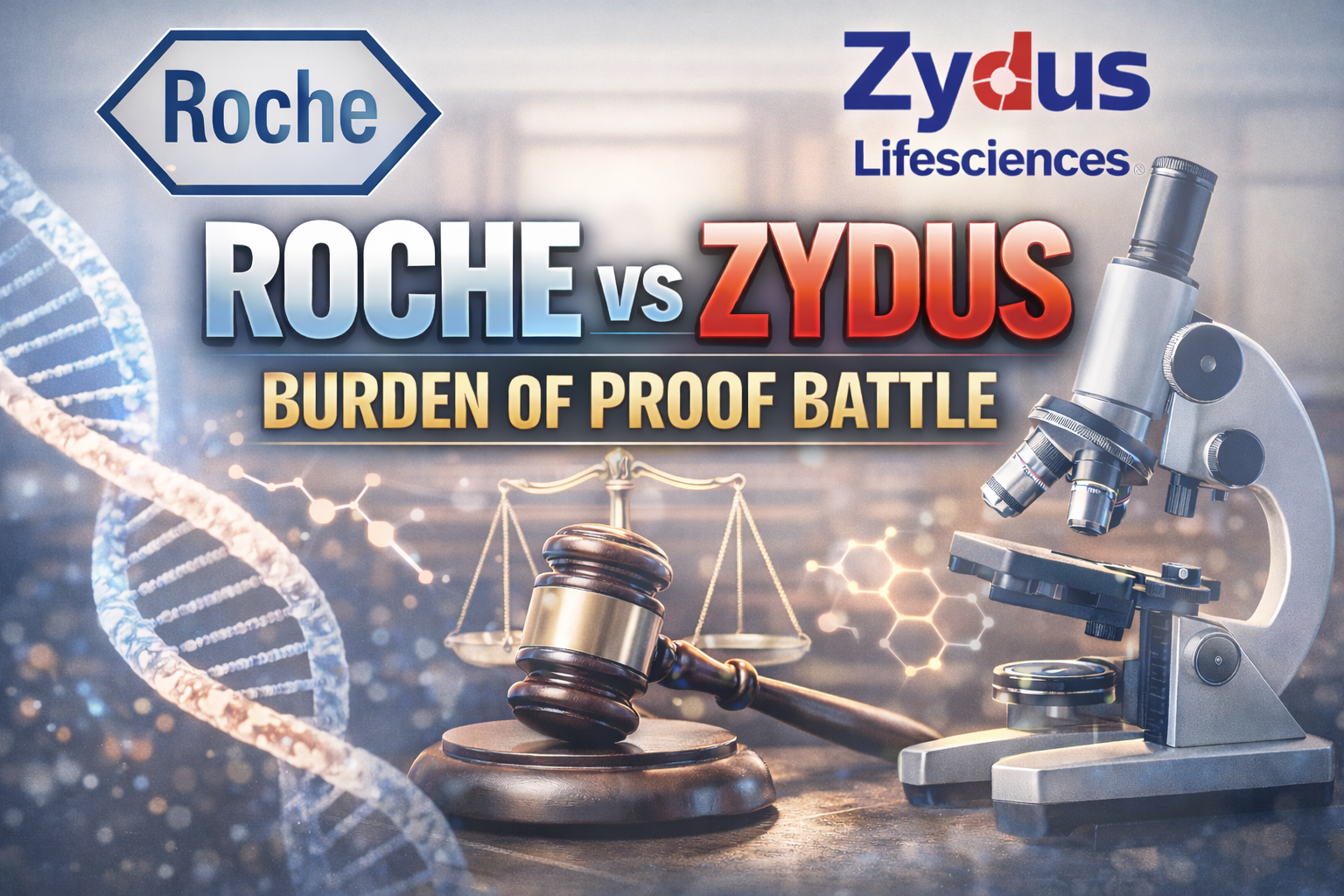
A Trade Secret is information of internal research and development such as formula, recipe, survey, and strategy, compilation of data, records, techniques and algorithms that is not known to anyone except the trade holders. The information as a trade secret gives a competitive advantage over its competition.
One of the most famous Trade Secret is the secret formula for coca cola, which is locked in a vault. Many of them are well known in popular culture such as Google search Algorithm, WD-40, Baseball Rubbing Mud, McDonald’s big Mac special sauce, Listerine.
According to Article 39 of Trade Related Aspects of Intellectual Property Rights (TRIPS) Agreement, the information requires to qualify as Trade Secret has to satisfy these three elements:
The information has to be secret;
The information must have commercial value since the information is not disclosed to public;
There has to be reasonable efforts by the trade holder to maintain its secrecy.
Advantages of Trade Secret
Trade secret provides the protection for unlimited time duration and worldwide Intellectual Property rights as compared to other IP rights. Trade Secret is not protected by any individual law. Trade secret does not require any compliance of formalities and registration cost. Thus, enforcement of Trade Secret has immediate effect. Trade Secret is confidential information which does not require public or Government disclosure.
Protection of Trade Secret
The Trade holder restricts the information access and keeps it Confidential. If access is provided, Confidential Relationship has been built between the employee and trade holder through a non-disclosure, anti-reverse engineering and non-compete agreement. Also, employees are asked to sign an agreement reaffirming his commitment and any documents or items containing in trade secret should be clearly marked as “confidential”. In the contract, any disclosure of confidential information for commercial purpose constitutes a breach of confidentiality/ contract which leads to litigation and monetary compensation against the trade holders of trade secrets. The illegal acquisition, use and disclosure of trade secrets consider as a violation of contract. Mainly, it is unlawful to acquire a trade secret by means of unauthorized access, appropriation, or copying of any documents, objects, materials, substances, or electronic files containing trade secrets unless the consent is given by the trade secret holder.
The unfair Competition of the trade secret is covered by passing off, Misappropriation- misleading trade practices, false advertising, product disparagement, Infringement of Trade dress etc. for the interest of customers.
Exceptions of Trade Secret
A clean room refers to a group of rooms where engineers, designers, researchers or scientists work together for a specific purpose where every activity is recorded. The clean room is used as evidence that the same information as other trade secrets is obtained through team efforts. It also ensures that the information will not be copied, stolen or obtained through any other improper means.
Reverse Engineering refers to any information which is obtained through from product to reactants which is not protected by Trade Secret. Gel Pen Company has a secret formula that can make Gel for pens. If someone buys a pen and performs a chemical analysis, and knows this secret formula, it is called “reverse engineering”
Trade Secret Remedies
Trade Secret is protected through many measures against trade secret infringers. In the case of misappropriation of trade secrets, the trade secret holder has the right to request remedial measures, such as injunctions and corrective measures. The purpose is to limit the damage caused by the disclosure of trade secrets. Injunctions and corrective measures can be applied by a judge at various stages of court proceedings. Trade secret holders may also be entitled to claim monetary compensation (damage) based on loss of profits or improper gains. In terms of trade secrets, India’s position is slightly different. This is a relatively neglected area, and there is no legal policy framework for the protection of trade secrets. However, despite the adoption of other legal frameworks, the judiciary still insists on the protection of such trade secrets. Some of these frameworks include-
Copyright Act, 1957[Section 51, 55 and 63]
The Information Technology Act, 2000[Section 65, 72]
Indian Penal Code [Section 408, 415]
The Indian Contract Act [Section 27]
The Competition Act, 2002 [Section 3]
Mr. Anil Gupta & Anr. vs Mr. Kunal Dasgupta & Ors.
In this case, the Delhi High Court ruled that the concept proposed and developed by the plaintiff was the result of the plaintiff’s work on materials available in the public domain. However, the reason for keeping the concept secret is that the plaintiff used his brain and thus produced a unique result of applying the concept. The court issued an injunction.
Control Paint (India) Ltd. vs Sanjay Sribastab & Ors
The court held that in order to prove that the confidential information will be used or is being used; it must be proved that the court is satisfied that the former employee or defendant has the right to use the confidential information because of his employment, No outside personnel can use it.
Conclusion
The Trade Holders treat trade secrets as valuable assets than the total value of all company patents, trademarks, and copyrights. The proposed Trade Secrets rules set minimum standards for the protection of trade secrets within the higher degree of certainty protection. However, in order to protect trade secrets, the trade holders require to maintain the secrecy as per the different framework.
This article has been authored by Kinali Acharya




Leave a Reply